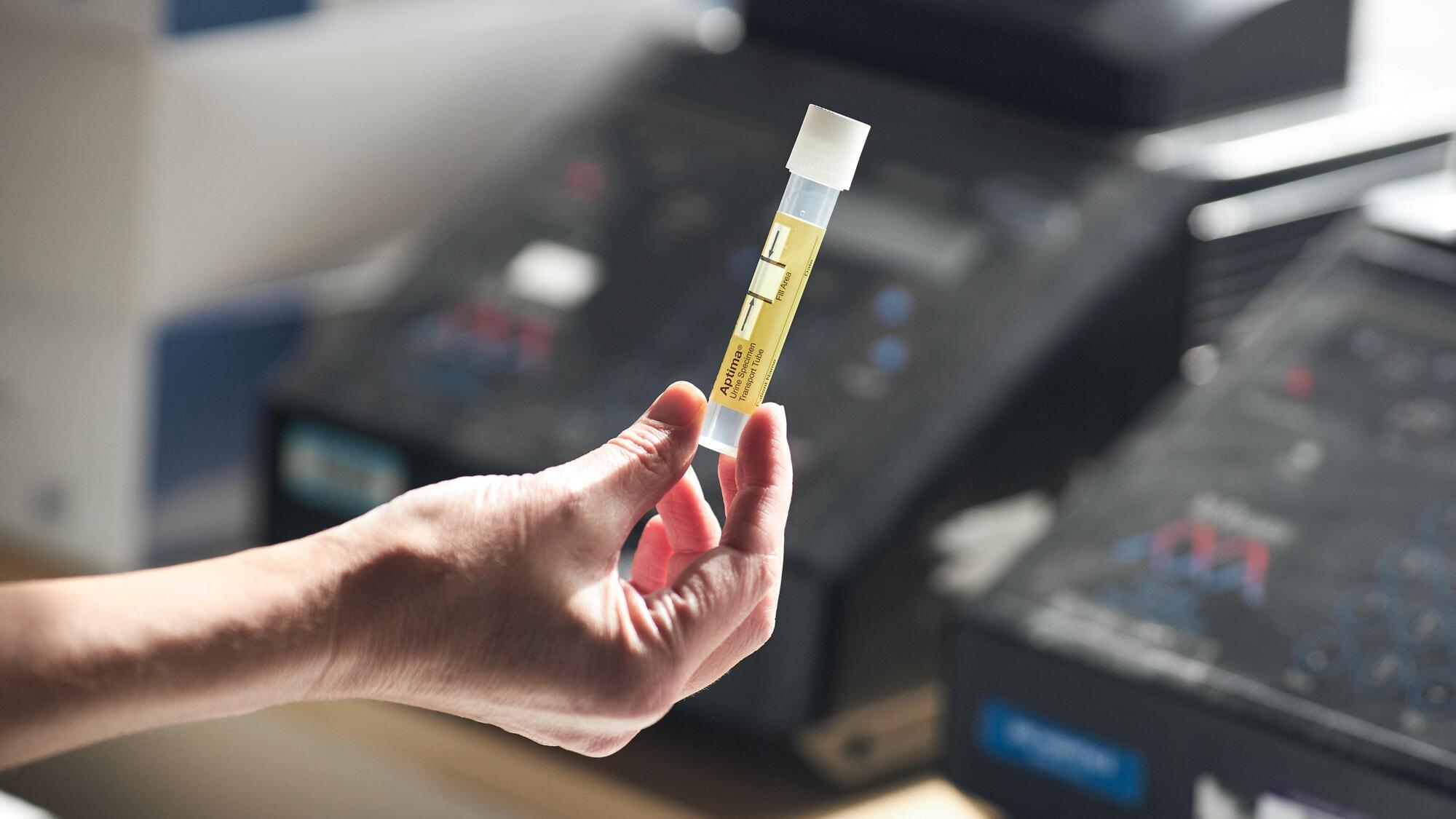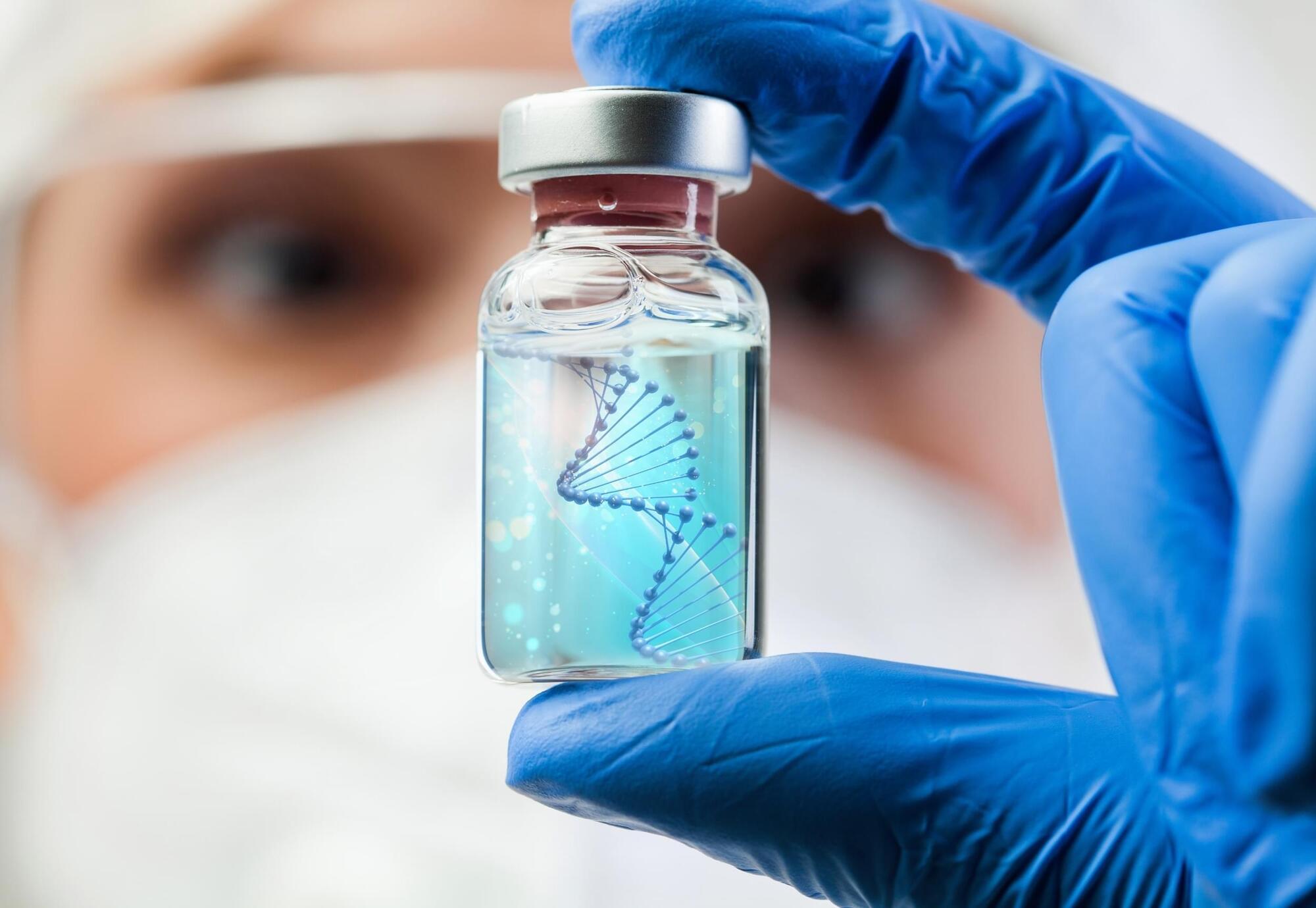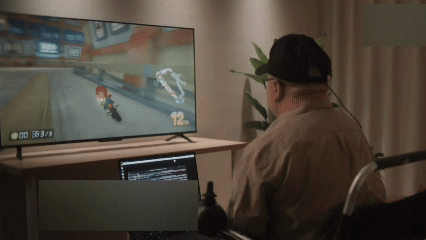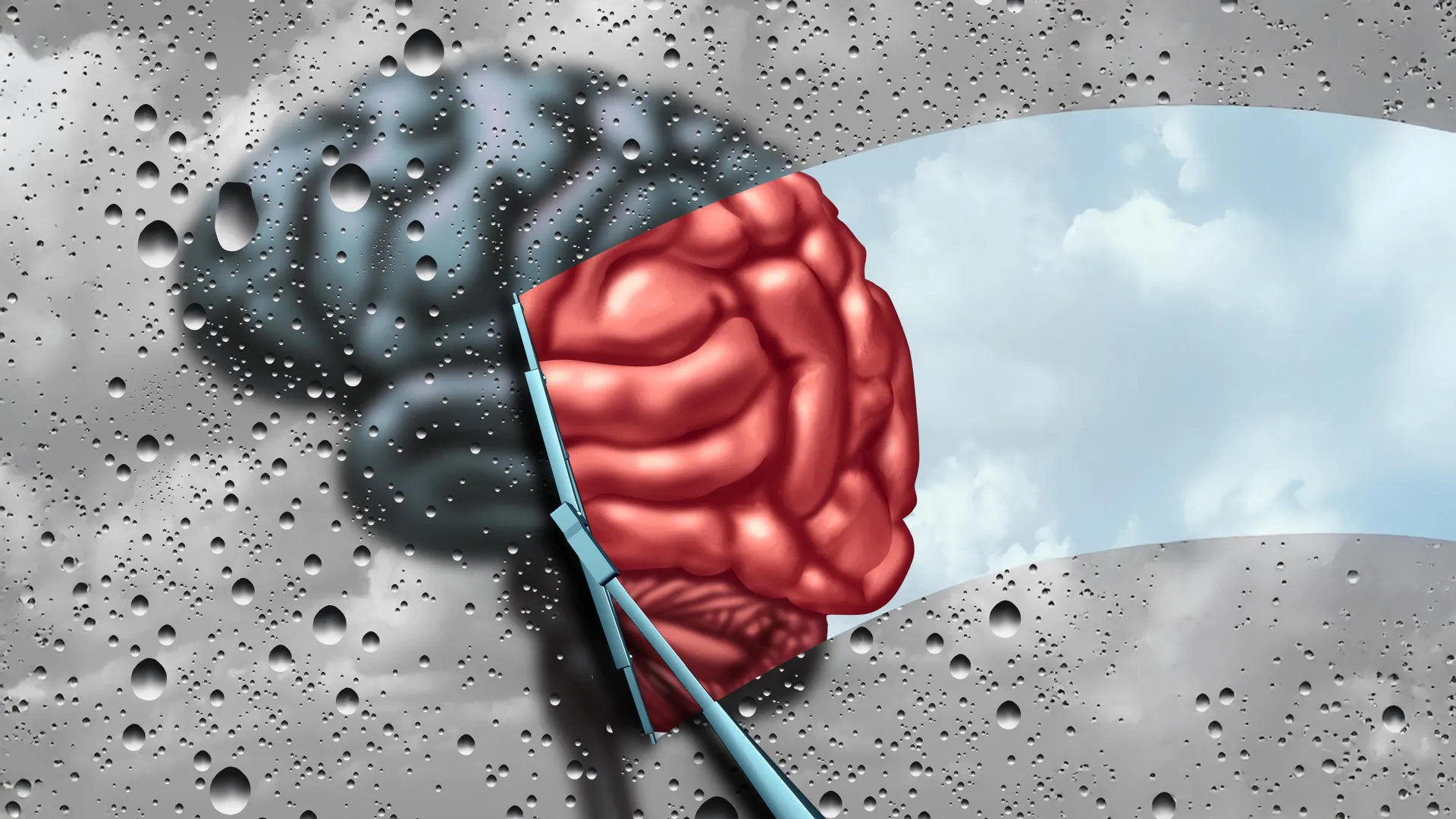Though it’s now clear humans continue to grow new brain cells throughout their entire lives, debate persists over whether this applies to specific areas involved with memory.
Previous studies have made the case for and against the existence of neurogenesis in hippocampus beyond childhood. A new study now offers some of the clearest evidence yet that this crucial memory-forming region does form fresh neurons well into adulthood.
The study is the work of researchers from the Karolinska Institute and the Chalmers University of Technology in Sweden, and looks specifically at the dentate gyrus section of the hippocampus, the part of the brain that acts as a key control center for emotions, learning, and storing episodic memories.







